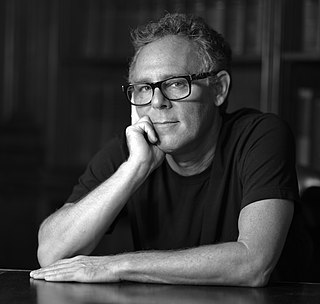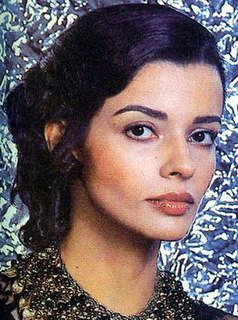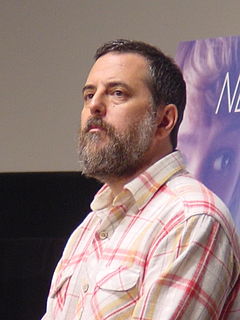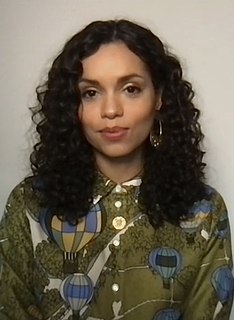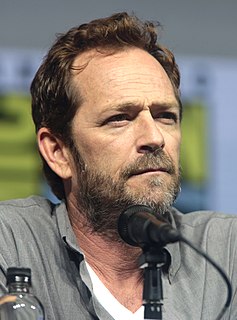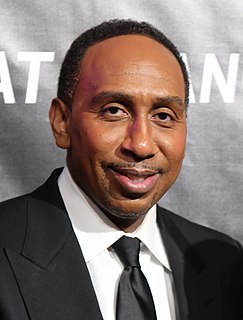A Quote by Patrick Stewart
I had come to the point when I realized it was unlikely that my film career was going to move beyond a certain level of role. And I was - because I had graphic instances of it - handicapped by the success of Star Trek. A director would say, 'I don't want Jean-Luc Picard in my movie' - and this was compounded by X-Men as well.
Related Quotes
Suddenly I had a call one day saying they'd like me to come to the office to see Jean-Luc Godard. 'He is preparing a film called 'Breathless.' Jean would like to see you.' I said yes. I thought he was pretty strange, because at that time nobody was wearing those kind of glasses where you couldn't see the eyes.
It was really important to try to reach a whole new audience so we had a lot of people in who not only had not seen the last film but were not Star Trek fans, or thought of themselves as not being Star Trek fans, or they had seen bits and pieces of Star Trek in the past and it was just not for them.
Jean-Luc didn't like me to say any bad words in real life, and I would always do it on purpose, just for fun. And he would go crazy! Then he had Brigitte Bardot do just that in 'Contempt.' And in that film she also has this line - 'I want red velvet curtains, or nothing at all in the apartment' - which was something I would always say.
With a director it's all about the work; I'd work with a great director over - you know, I'm not the kind of actor who that doesn't go, 'I want to play this role.' It's more like, 'I want to work with this director,' regardless of what the role is because if it's a good director, you'll probably find a good role because it's a decent film. But a mediocre director will always make a mediocre movie.
There are people on the ratings board and so froth who don't want certain scenes in the film. There are people who come up and say, "What graphic love scenes. I think, How can a love scene be graphic? Have you seen Total Recall? In this R-rated movie you see a man who you've seen being in love with and sleeping with this fabulous woman shoot her right through the head. "Consider this a divorce" is supposed to be the funniest line in the movie.


